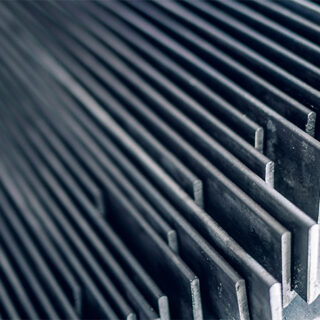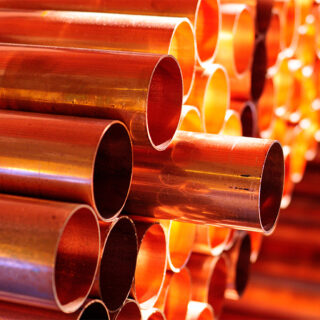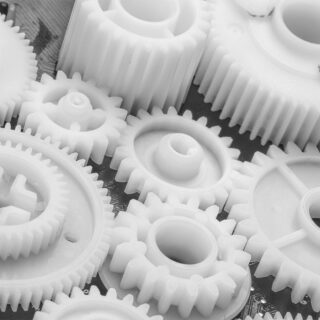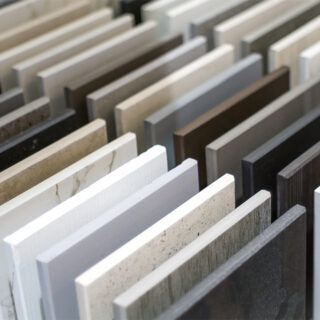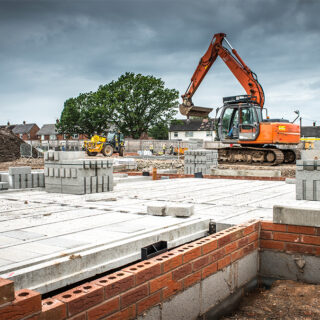Materials Science and Engineering
Our materials science and engineering experts specialize in evaluating systems and components from a materials perspective. With extensive knowledge in materials design and manufacturing, as well as failure analysis and testing, our experts can determine the root cause of material performance and failure issues.
When components or systems no longer operate as they were intended, either because something broke, leaked, warped, corroded, eroded, etc., it is incumbent on the consultant to determine the root cause of the failure.
Rimkus materials science and engineering consultants utilize all the available resources and analytical tools to determine not only what happened and how to prevent recurrences, but we can identify responsible parties for the assignment of damages. Our team has years of experience in failure analysis and corrosion evaluations throughout a broad expanse of industries and types of systems necessary to get the job done.
Rimkus also has a dedicated team of experts specializing in a wide variety of materials testing, analysis, and laboratory services. Visit our Materials Testing and Investigation page to learn more.

James F. Lane, P.E.
Director, Materials Science Practice and Laboratory Services
(312) 639-9321 jflane@rimkus.com